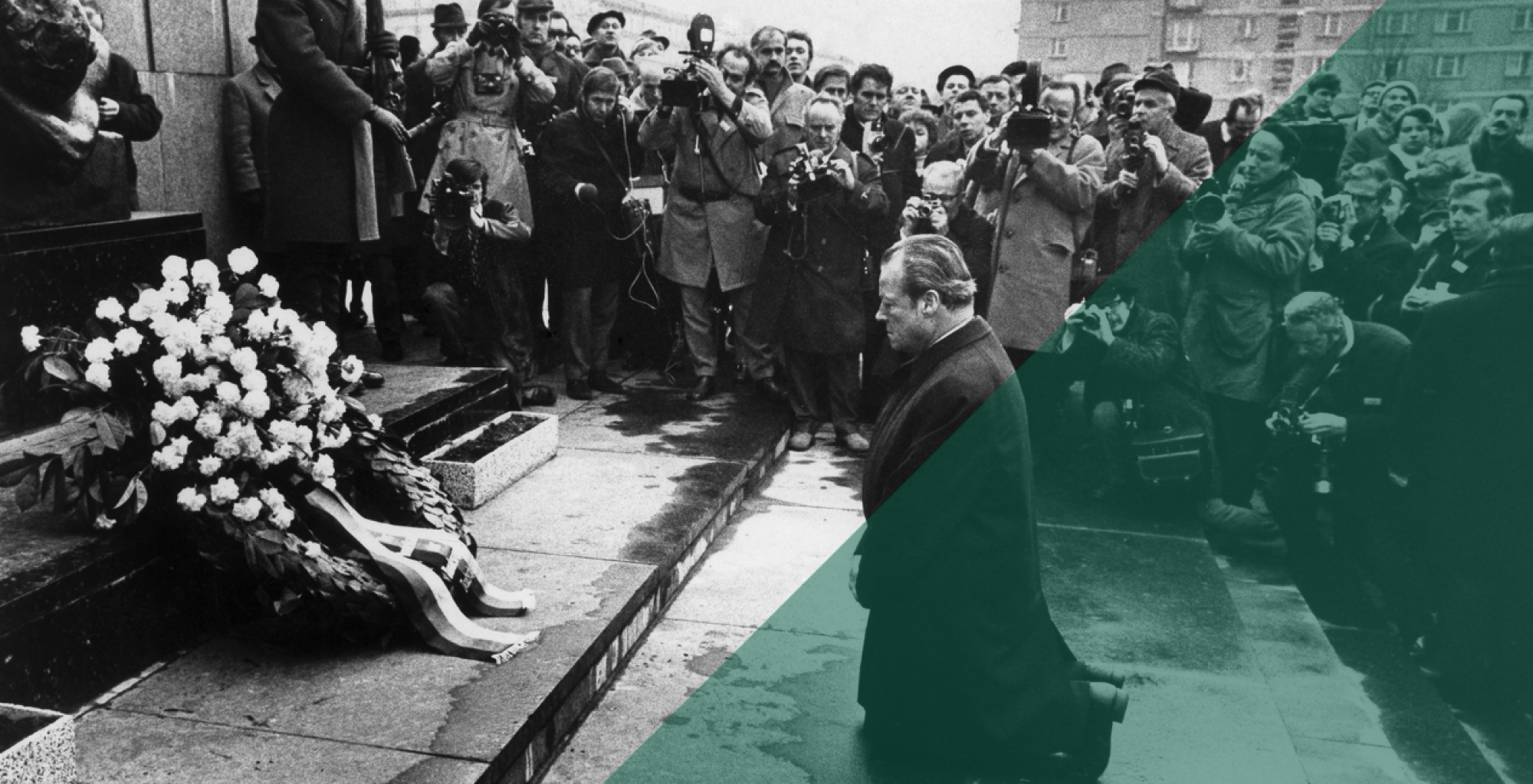These last days, in the run-up to and aftermath of the International Commemoration of the liberation of Auschwitz, there has been a lot of (media) attention for the apology Prime Minister Mark Rutte has made for the Dutch government actions during the Holocaust. Or, perhaps we could phrase it as an apology for the failure of government actions during that time. Some media report on the fact that Rutte kept his decision to apologize ‘silent’ until the very end, that even the Dutch Jewish community was surprised, while others point out that it is an important and necessary step that “marks a definitive turn in thinking about the Dutch attitude to and relationship with the German occupier” (“markeren de definitieve omslag in het denken over de verhouding tussen Nederland en de Duitse bezetter”).
What we see in the public reaction to this apology, from victims as well as non-victims, is similar to what we have seen during our research in the United Kingdom, South Korea, and El Salvador on how people evaluate apologies for past wrongdoings. In the interviews that we conducted in these countries, we asked people what they saw as the most important aspect of the apology that was offered to them by their respective leaders for past human rights violations (in all three cases state violence against unarmed civilians). Across the three countries, participants stressed that for them, it was crucial that the crimes were finally acknowledged and that their suffering was recognized in public by their government.
The importance given by people to the public acknowledgment of the crimes fits quite well with the idea of an apology representing a threshold or a moral turning point, where a political leader or a government – sometimes more explicitly and sometimes more implicitly – changes the way certain collective crimes are being spoken of. This makes, by definition, such an act a contestation in historical narrative. But potentially, it could open up debate and dialogue. As one male participant from South Korea told us: “I don’t see an apology as a way to escape from responsibilities. Because this apology has put things in motion, a discussion like this today can happen. Now everyone can discuss things freely”.
Time will show whether or not Rutte’s speech last Sunday will mark a (moral) turning point in the way the Dutch view their history of collaboration. It is at least a big step further from the apology made by Prime Minister Wim Kok in 2000 for the ‘chilly response’ Jewish people and other persecuted minority groups received when returning to the Netherlands after the war. But in a European perspective, the Dutch are taking their time in this process of ‘dealing with and facing up the past’. Representatives of countries such as Belgium, Norway, and Poland have already expressed words of apology for their country’s role during the Holocaust. In that sense, Rutte was definitely right by emphasizing the importance that “now that the last remaining survivors are still with us, I apologize” – it just took the Dutch government 75 years to realize that fact.
Marieke Zoodsma

